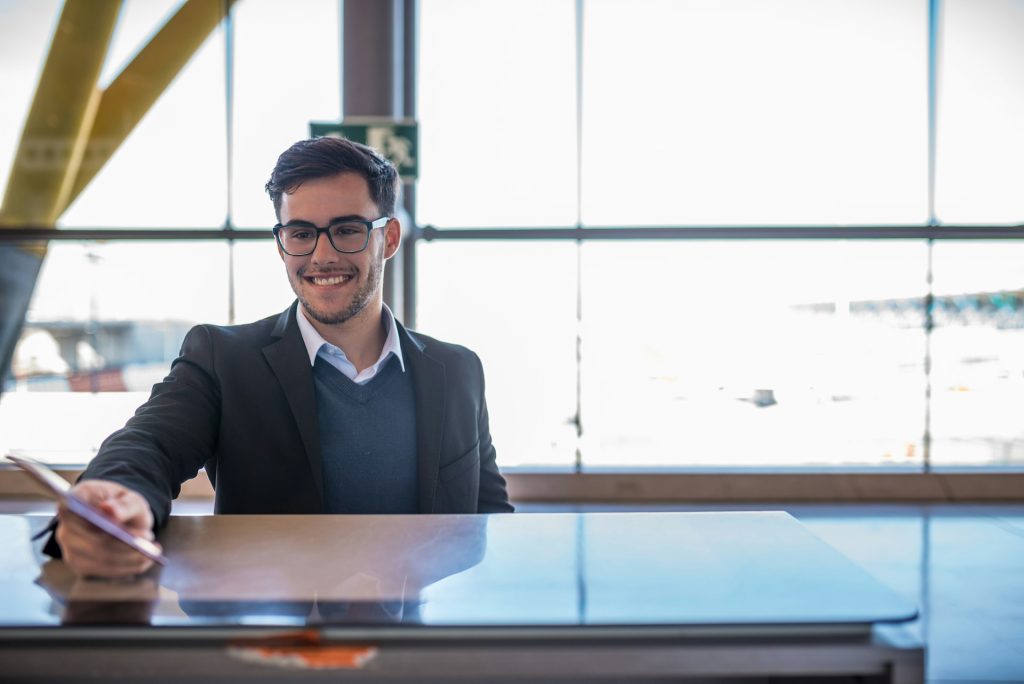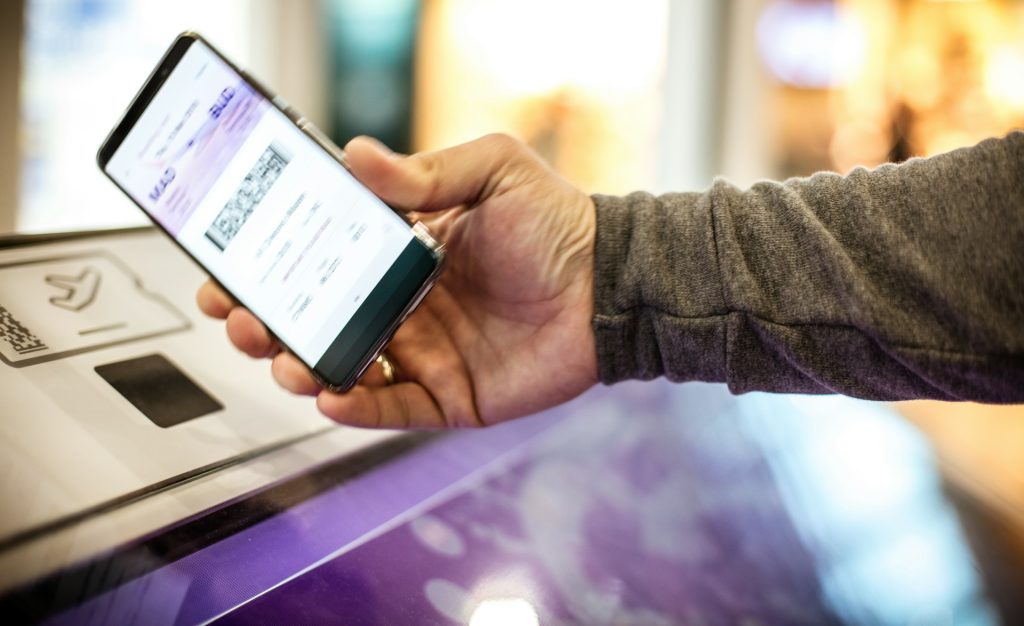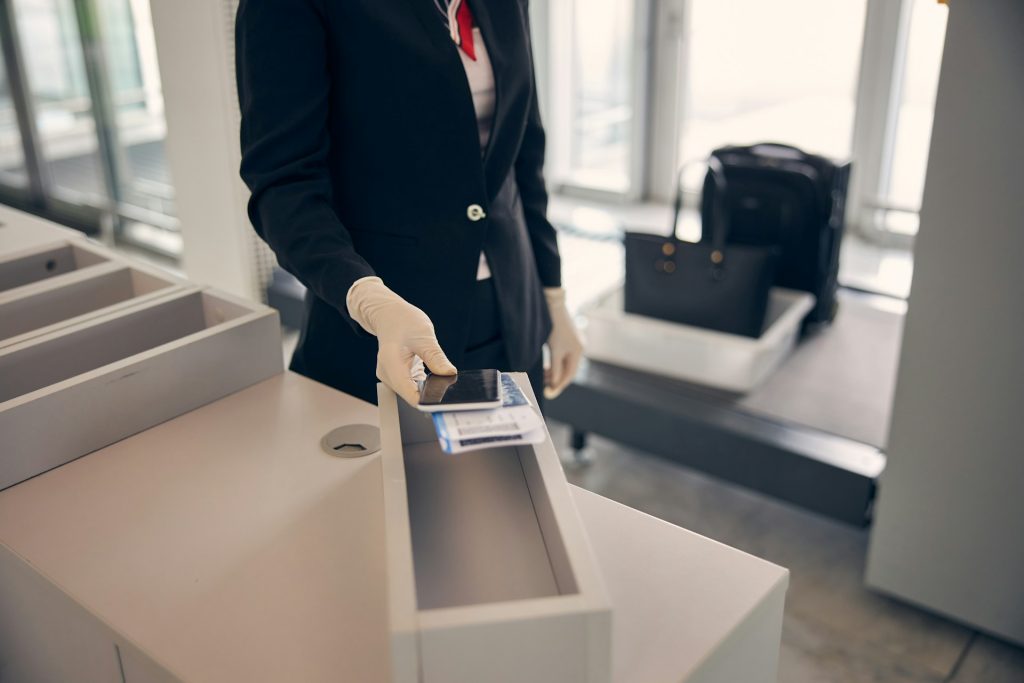Table of Contents
My experience working from 50 different airports over 50 days revealed some surprising truths about productivity on the go. From unreliable Wi-Fi to the impact of noise, here’s what I learned and how you can optimize your own airport workdays.
The life of a digital nomad is often romanticized as a seamless blend of travel and work, with every day spent in a new and exciting location. But what happens when your “office” is an airport terminal, and your daily routine involves boarding yet another flight? I decided to find out by taking on the challenge of working from 50 airports in 50 days. The experience taught me invaluable lessons about productivity, flexibility, and the true meaning of work-life balance. Here’s what I discovered about maintaining productivity on the go.

Key Findings
1. Airport Wi-Fi is Unreliable
Wi-Fi quality can make or break your productivity in an airport. Among the 50 airports I worked from, Seoul Incheon (ICN) had the best Wi-Fi, while La Paz (LPB) in Bolivia was at the opposite end of the spectrum, with painfully slow and unreliable internet that made even checking emails a struggle. Across all airports, the average download speed hovered around 18 Mbps, which is serviceable but not ideal for heavy tasks.
Pro Tip: Always have a backup internet solution, such as a portable hotspot or local SIM cards.
2. Noise Management is Crucial
Airports are inherently noisy environments, with constant announcements, bustling crowds, and the hum of aircraft engines. To maintain focus, noise management tools are essential. The most effective tool I found was the Sony WH-1000XM4 noise-canceling headphones, which provided a much-needed escape from the chaotic surroundings. Interestingly, I also discovered that watching movies with subtitles was an unexpected hack for training focus in noisy environments—forcing my brain to concentrate on the text helped block out background noise.
Pro Tip: Invest in high-quality noise-canceling headphones and consider using subtitled media as a focus-training tool in particularly loud environments.
3. Power Outlets are Gold
Access to power outlets can be a serious challenge, especially in older or smaller airports. Singapore Changi (SIN) and Amsterdam Schiphol (AMS) stood out as the best for power access, with plenty of outlets and charging stations available. In contrast, several smaller African airports were nearly devoid of accessible power sources, making it a struggle to keep devices charged.
Pro Tip: Carry a power strip with multiple outlets. Not only will you ensure that you’re never without power, but you might also make some friends along the way by sharing the extra outlets.
4. Comfort Affects Productivity Dramatically
The physical environment plays a huge role in how productive you can be. Airports like Helsinki (HEL) and Hong Kong (HKG) offered incredibly comfortable workspaces, with ergonomic seating, quiet areas, and ample natural light. On the flip side, Paris Charles de Gaulle (CDG) was one of the least comfortable, with cramped seating and dim, noisy spaces that made it hard to focus.
Pro Tip: Investing in a good travel pillow and a portable laptop stand can make even the most uncomfortable airport a bit more bearable.
5. Time Zone Juggling is an Art
Working across multiple time zones presents a unique challenge, especially when your body is adjusting to constant travel. I relied heavily on the app World Time Buddy to keep track of different time zones and ensure that I met deadlines and attended meetings at the right times. Instead of constantly changing my work hours, I maintained a consistent schedule in UTC, adjusting my sleep patterns as needed.
Pro Tip: Maintain a consistent work schedule in a single time zone (like UTC) and adjust your sleep schedule instead. This helps create a sense of normalcy.
6. Nutrition Impacts Performance
Eating well while traveling can be tough, but it’s crucial for maintaining energy and focus. Vancouver (YVR) and Munich (MUC) were standout airports for healthy food options, offering a variety of nutritious meals and snacks. Unfortunately, many U.S. airports fell short, with limited options that often leaned heavily on fast food.
Pro Tip: Pack your own healthy snacks, like nuts, dried fruits, and protein bars.
7. Exercise is Possible and Necessary
Long hours sitting in airports can take a toll on your body. To combat this, I incorporated exercise into my daily routine, even in transit. Airports like San Francisco (SFO) and Chicago O’Hare (ORD) offer yoga rooms, which are perfect for a quick stretch and reset. On days when these amenities weren’t available (in airports generally), I found quiet corners or even pet relief areas to do a 20-minute HIIT workout.
Pro Tip: Make time for daily exercise, whether it’s using airport facilities or simply finding a quiet spot to move your body. Regular activity helps counteract the physical strain of travel and boosts mental clarity.
8. Security Checks Can Derail Focus
Security checks are an unavoidable part of airport life, but they can be a major disruption to your workflow. Tokyo Haneda (HND) had the quickest and most efficient security process, while Los Angeles (LAX) was the most time-consuming and stressful. These experiences taught me the importance of planning for security delays to avoid unnecessary stress.
Pro Tip: Use programs like Clear or TSA PreCheck where available to expedite the security process.
9. Community Still Matters
Working alone while traveling can be isolating, so I made a point to connect with other nomads during layovers. Using platforms like Nomad List. I met up with fellow travelers in various airports, which provided both networking opportunities and a sense of camaraderie. I also joined airport lounge networks to access quiet spaces and meet other professionals on the go.
Pro Tip: Make use of online communities and airport lounges to build connections and find quiet workspaces.

Unexpected Benefits of the Experience
- Improved Adaptability: The constant change in environment forced me to become more adaptable, learning to work effectively in a wide range of settings.
- Enhanced Problem-Solving Skills: Regularly dealing with connectivity issues, finding comfortable workspaces, and navigating different time zones honed my problem-solving skills.
- Expanded Network: By connecting with other nomads and professionals in lounges and terminals, I expanded my network significantly.
Productivity Stats
Average Productive Hours Per Day: 6.2
Most Productive Airport: Singapore Changi (SIN) – 9.5 hours
Least Productive: Cairo International (CAI) – 3 hours
Client Meetings Conducted: 35
Key Tools That Saved the Day
- Noise-Canceling Headphones: Essential for blocking out airport noise.
- Portable Power Bank (20000mAh capacity): Kept my devices charged through long days.
- Foldable Laptop Stand: Improved ergonomics and comfort.
- VPN Service: Ensured secure connections, especially on public Wi-Fi.
- Meditation App: Helped maintain focus and reduce stress.
Lessons for Regular Nomads
- Consistency is Key: Establishing a routine that can be maintained across different locations is essential for sustained productivity.
- Invest in Quality Gear: Good equipment makes a huge difference, especially when working in varied and challenging environments.
- Prioritize Self-Care: Regular exercise, healthy eating, and adequate rest are crucial for maintaining both physical and mental well-being.
- Be Flexible: Adaptability is your greatest asset as a digital nomad. Embrace change and find creative solutions to unexpected challenges.
- Connect with Others: Building a network, even while on the go, can provide support and open up new opportunities.

Conclusion: Balancing Productivity and Adventure
Working from 50 airports in 50 days was a demanding but rewarding experience. It highlighted the importance of preparation, flexibility, and self-care in maintaining productivity on the go. While there were challenges, the lessons learned have made me a more resilient and effective digital nomad. For those considering a similar path, these insights can help you balance the demands of work with the excitement of travel.

I’m Ethan, a 42-year-old digital marketer and dad of two, living in Dublin. My passion is planning adventurous family vacations that combine cultural immersion with outdoor activities. With my kids growing into their teenage years, I’m dedicated to creating experiences that they’ll remember for a lifetime. ExploreWorkTravel is my platform to share tips, stories, and insights to help other families make the most of their travel experiences.




